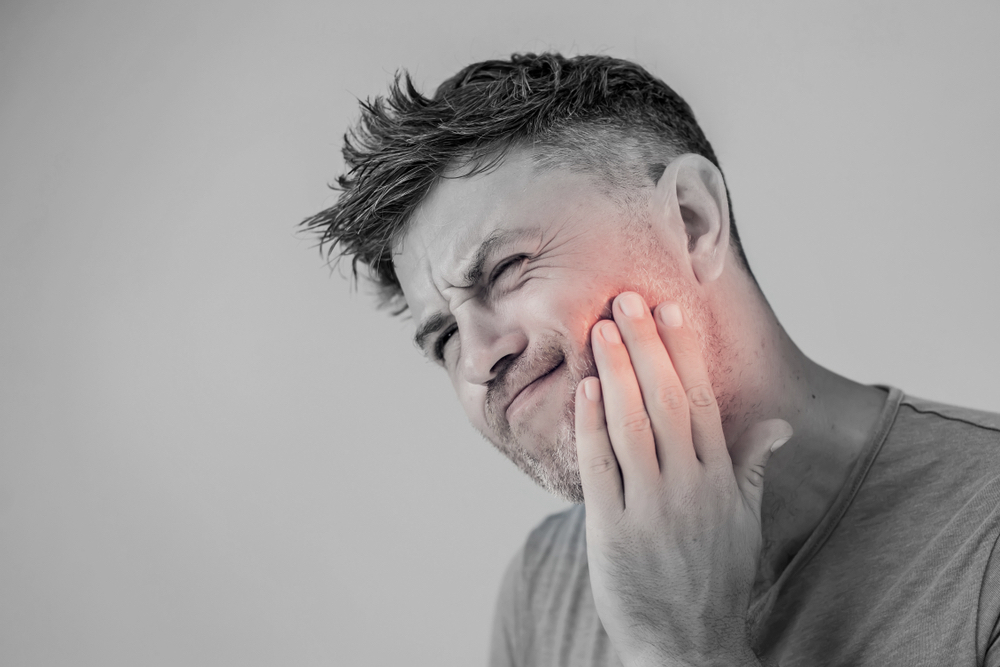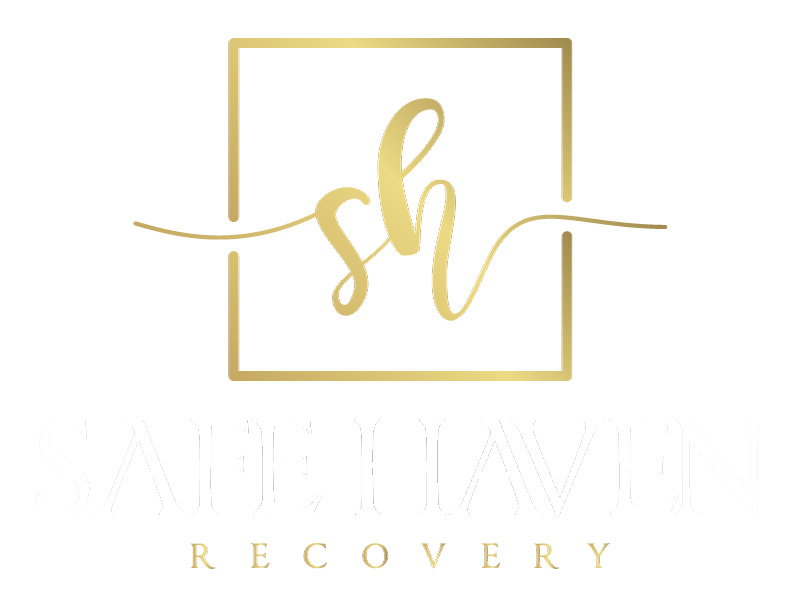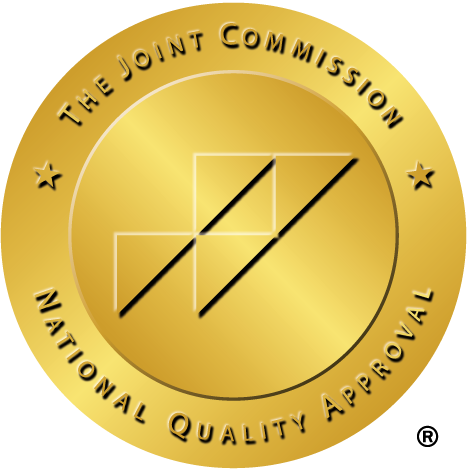
Cocaine, often known simply as ‘coke’, is a powerful stimulant drug that can have severe effects on the human body and mind. Derived from the coca plant native to South America, it has been used for centuries both medically and recreationally. However, the side effects of cocaine and crack cocaine, especially when abused, can be devastating and lead to a range of health problems.
One such health problem is ‘coke jaw,’ a term that might seem unfamiliar to many. This condition is one of the long-term effects of cocaine usage. It’s a physical manifestation of the harm that cocaine can inflict on the body, particularly in the mouth and jaw area.
In this article, we aim to shed light on this lesser-known but significant effect of cocaine usage. We’ll talk about what exactly coke jaw is, how it manifests, its consequences, and the steps one can take to prevent or treat it. If you’re curious about this condition, this should provide the insights you’ve been seeking.
What Is Coke Jaw?
‘Coke jaw’ is a term used to describe a condition that often occurs as a result of long-term cocaine use. When cocaine, a powerful stimulant drug, is snorted, it causes the blood vessels in the mouth to constrict. This can lead to dry mouth and reduced saliva production, conditions that are conducive to tooth decay and gum disease.
Over time, the user may start to experience jaw pain and begin to grind their teeth or move their mouth from side to side, a phenomenon commonly referred to as ‘coke jaw.’ In extreme cases, the damage can extend to the roof of the mouth, leading to dental erosion or even perforation of the oral palate.
How Long Does Coke Jaw Last?
The length of time the coke jaw lasts varies depending on the extent of the damage and the individual’s drug use. Some people may notice improvement within weeks after stopping cocaine use as withdrawal symptoms subside, while others may continue to experience symptoms for months or even years.
This is because cocaine can cause long-term changes in the brain that affect the jaw’s movement. Additionally, if there has been significant tooth loss, periodontal disease, or damage to the roof of the mouth, these issues will need to be addressed by a dental professional.
What Does Coke Jaw Look Like?
The appearance of coke jaw can vary, but common signs include a persistent dry mouth, frequent jaw clenching or grinding, and abnormal movement of the jaw from side to side.
Visible effects may also include tooth decay, gum disease, and in severe cases, tooth loss or a perforated oral palate. The constant movement and strain on the jaw muscles can also cause noticeable discomfort and pain.

What Are the Long-term Effects of Coke Jaw?
The long-term effects of coke jaw can be quite severe, particularly if cocaine use continues or professional help isn’t sought.
Persistent grinding and clenching of the teeth can lead to significant dental wear and tear. This includes the erosion of tooth enamel, which can make teeth more susceptible to cavities and decay.
In severe cases, individuals may experience tooth loss. The constant strain on the jaw muscles can also lead to chronic pain and difficulty in opening and closing the mouth.
Furthermore, the constriction of blood vessels caused by cocaine use can lead to gum disease and a higher risk of oral infections. If untreated, this can escalate to periodontal disease, a serious gum infection that damages the soft tissue and destroys the bone that supports your teeth.
How to Stop Coke Jaw?
Stopping coke jaw primarily involves addressing the root cause: cocaine use. Treatment programs that focus on substance abuse recovery are crucial in helping individuals stop using the drug. This step should help manage the withdrawal symptoms that contribute to jaw clenching and grinding.
From a dental perspective, maintaining good oral hygiene can help prevent further tooth decay and gum disease. Regular dental check-ups are also important to monitor the condition and provide treatment where necessary, such as fillings for cavities, treatment for periodontal disease, or even tooth replacements.
It’s important to remember that recovery takes time and the assistance of healthcare professionals is often necessary to fully address the issue.
Beverly Hills Cocaine Addiction Treatment Programs
Coke jaw is a serious and potentially debilitating condition. Its effects, ranging from tooth decay to gum disease, jaw clenching to severe dental erosion, can significantly impact one’s quality of life. The journey to recovery may be challenging, but remember that it’s never too late to seek help and make a positive change.
If you or someone you know is struggling with cocaine abuse and the subsequent effects such as coke jaw, it’s crucial to reach out for professional help. Safe Haven Recovery in Beverly Hills is committed to providing comprehensive support and treatment programs tailored to your needs. Our team of dedicated professionals can guide you through the process of overcoming addiction, addressing both the physical symptoms and the underlying causes.
Don’t let cocaine control your life and health any longer. Reach out to Safe Haven Recovery today, and take the first step towards recovery.









